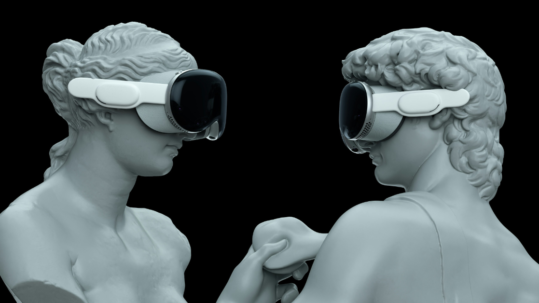Copyright
What is Copyright?
Authors, automatically and by the mere fact of their creation, have a series of rights over their works that give them full capacity and exclusivity to exploit them. These rights are known as Copyright and are of two types: moral rights and economic rights.
Moral rights are personal, unwaivable and inalienable, and some of them are unlimited in time: for example, the right to recognition of authorship and integrity of works lasts forever.
The economic or exploitation rights are limited in time and their duration depends on the legislation of each country: in Spain they last for the life of the author and, after the author’s death, they fall to his or her heirs for a further 70 years.
Economic or exploitation rights are transferable rights, i.e. they can be sold, assigned or shared with third parties, with or without economic interest. Therefore, the ownership of the exploitation rights does not always belong to the author because he or she may have assigned or sold them to a third person or entity (such as, for example, to a publisher in the case of a literary work).
Copyright protects a wide variety of works which must be original: scientific, literary and artistic works, books, musical compositions, sculptures, paintings, photographs, audio-visual works, computer programs, etc.
The Copyright symbol © informs the public that a work is original and that its use, reproduction, transformation, publication, etc. is subject to the author’s and other owners of the corresponding rights with the consequences that not respecting them can have.
How can we assist you?
- Preliminary protection strategy advice
- Preparation of licensing or other contracts
- Preparation and custody of documentation on the protected right
- Counselling against infringing behaviour of third parties
- Sending of cease-and-desist letters and pre-judicial negotiation
- Litigation services in infringement proceedings and legal defence in lawsuits
- Judicial expertise
How can we assist you?
- Preliminary protection strategy advice
- Preparation of licensing or other contracts
- Preparation and custody of documentation on the protected right
- Counselling against infringing behaviour of third parties
- Sending of cease-and-desist letters and pre-judicial negotiation
- Litigation services in infringement proceedings and legal defence in lawsuits
- Judicial expertise







